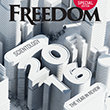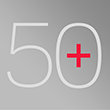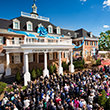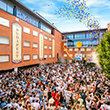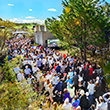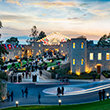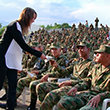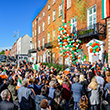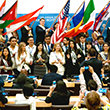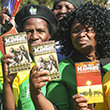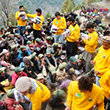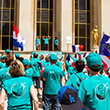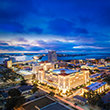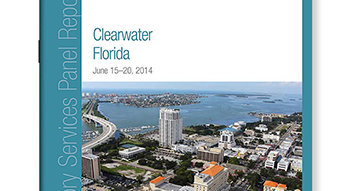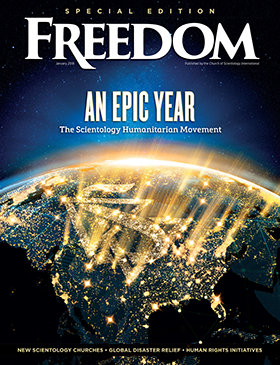Since its inception, the IAS has stood behind landmark victories that have secured freedom for all religions. The year 2016 was no exception.
During the waning decades of the 20th century, after nazism and fascism in Europe were obliterated and human rights became a byword in the post-World War II Western democracies, man’s quest to connect with the spiritual took on different forms. Religious freedom erupted. And with it, religious intolerance.
The Church of Scientology in 2016 won a far-reaching victory in that war of spiritual liberty versus enslavement. The battleground was in Brussels, Belgium, but the ripples from a legal decision impact all of Europe.
More than 20 years ago, groups inimical to spirituality began a campaign to ban “new” religions. As Belgium is the de facto capital of the European Union, it became a starting point for a plan to sweep scores of religious groups from Europe.
Propaganda pogroms, led by hate brigades from Germany and France, published a 670-page report that demonized Quakers, Pentecostals, Mormons, Hasidic Jews, Jehovah’s Witnesses, Buddhists and Scientologists—plus 182 other religious groups.
In 1997, Belgian authorities began secret investigations of Scientology. Laws were changed so that criminal charges could be brought against groups, not just individuals. From the end of September 1999 on, Belgian police raided Scientology offices, three times. Tantalizing, albeit decidedly false tidbits were leaked to the press by investigators.
In 2007, charges were filed, but the alleged “crimes” were far less about any actual acts than they were about the teachings and beliefs of Scientology. This was Orwellian “thought crime” in action.
By the time the trial began October 2015 in the Court of First Instance of Brussels, the Belgian government had spent 18 years and much public treasure persecuting Scientologists.
Ironically, while Belgian authorities were obsessed with Scientology, they missed the emergence of a terrorist cell in Brussels. That cell was key to the November 13, 2015, terrorist attacks in Paris that claimed 130 lives.
On March 11, 2016, liberty prevailed in Brussels. A 173-page verdict dismissed the case in its entirety. The court chastened the prosecution for “lack of evidence” and characterized the case as “deficient” and “incoherent.”
The chief judge declared that the defendants had not been prosecuted for any crime but “primarily because they were Scientologists.” He concluded: “The entire proceedings are declared inadmissible for a serious and irremediable breach of the right to a fair trial.”
Intolerance lost; religious freedom prevailed for a victory that resonates across the continent.

